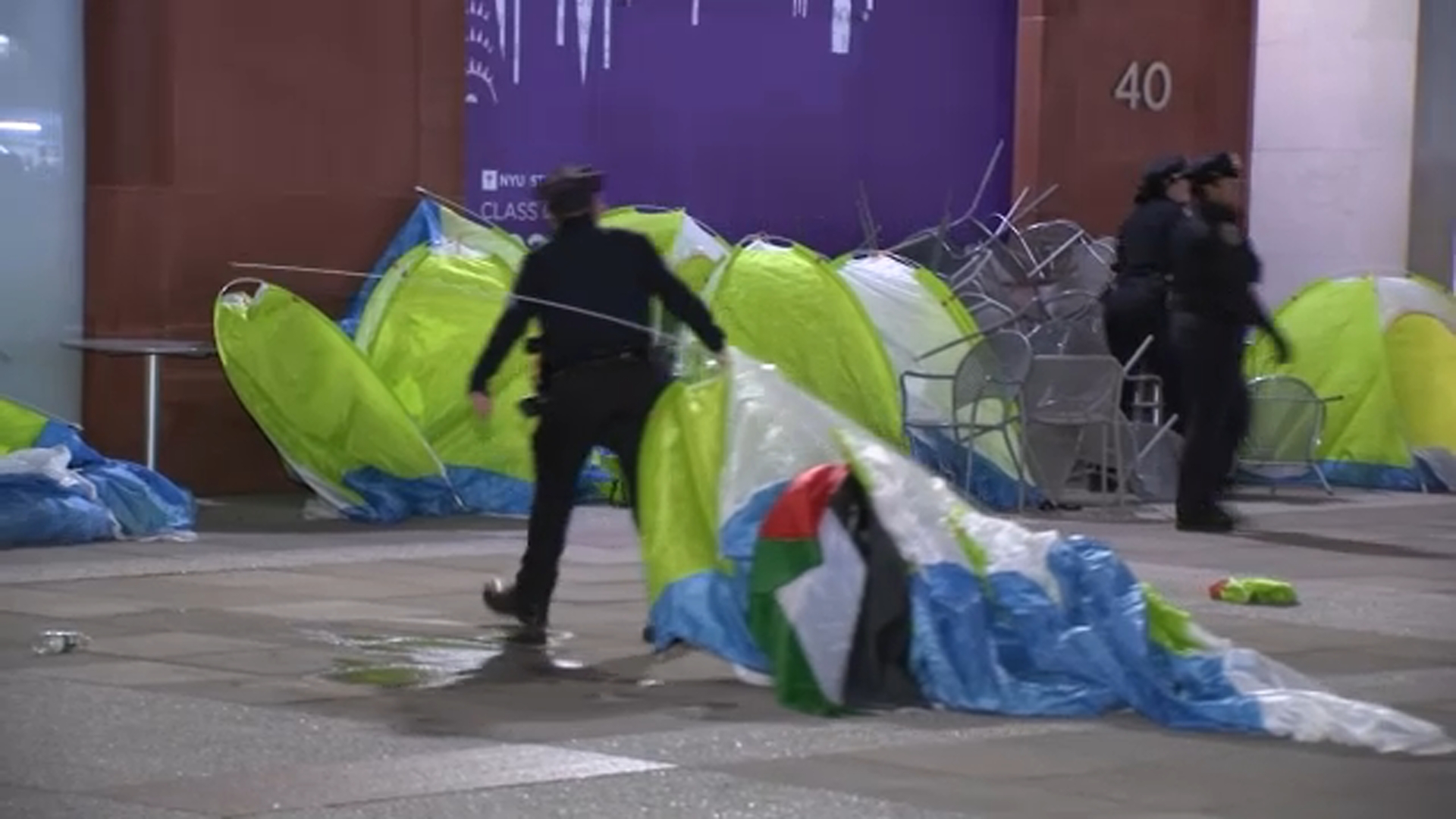Schools chancellor, first lady address anti-Semitism with public school students
MAPLETON, Brooklyn (WABC) -- New York City schools are taking steps to tackle anti-Semitism and bias crimes amid the uptick in incidents that include the deadly shootout in Jersey City and the Hanukkah stabbings in Monsey.
Schools Chancellor Richard Carranza and First Lady Chirlane McCray spoke with students at a high school in Brooklyn Friday to preach tolerance and acceptance.
They were joined by Brooklyn Borough President Eric Adams at Franklin D. Roosevelt High School for a discussion on hate crime prevention.
Carranza said he is determined to raise awareness throughout the school system, not only about the impact of bias incidents but also what hate crimes are in the first place.
He says racism and anti-Semitism are certainly topics in social studies classes, but administrators what to make sure that students understand what constitutes a hate crime and how devastating those crimes can be.
The critically important issue is that the number of hates crimes has been rising, especially against the city's Orthodox Jewish community.
While patrols are being stepped up in certain neighborhoods, officials say a key component in the city's response is education.
Carranza also called out President Donald Trump in his question and answer session with reporters.
"If you teach kids not to hate, they're not going to hate," he said. "If you teach kids about other cultures, they're going to learn about other peoples and the wonderful contributions those people bring to this society called America. There is no study for that. We could start by having the president stop hating on groups. How about that? How about that? There is no coincidence that kids, students, Americans hear rhetoric and rehotorical hate, and that it's manifesting in the streets."
Stepped-up police patrols are more likely to have an immediate impact, but Carranza says education intervention could take longer but the impact could be far greater.




